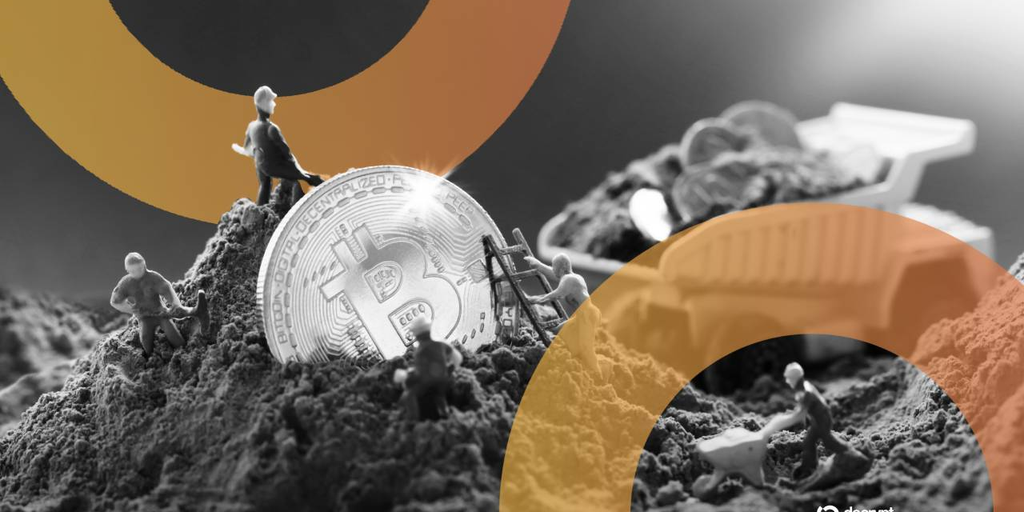
In short
- A solo miner earned 3,146 Bitcoin worth $266,000.
- The mined block contained 1,351 transactions.
- An onlooker suggested the person was using a Bitaxe Gamma, an affordable mining rig for hobbyists.
A solo miner earned about 3.15 Bitcoin for mining the network’s 924,569th block on Friday, securing $266,000 in assets despite only having a slim chance.
The person, who onlookers believe was using a machine designed for hobbyists, had a less than 1 in 100,000 chance per day of earning the reward, according to data from CKPoola website that offers people resources to mine Bitcoin themselves. The miner ultimately received 3,146 BTC, including the reward of 3,125 BTC plus fees.
Some companies are using vast amounts of computing resources to mine Bitcoin, but the person who earned payday Friday used a machine with a hash rate of about 1.2 terahash per second, or TH/s, which is similar to a Bitaxe Gamma: a compact, hobbyist machine that sells for about $100 or less.
In April, when a solo miner mined a block with a 1.2 TH/s machine, it was estimated that such a machine would have a 0.00068390% chance per day of mining a block.
Unless a solo miner comes forward to identify themselves, it is ultimately impossible to know which machine they used, Bitcoin Miner Solo Satoshi noted on X in October.
Most entities that mine Bitcoin use so-called pools, where their computing resources are combined with those of others, but solo miners are taking matters into their own hands.
“Another block for the plebs,” an account by Bee Evolved said on X. “Stop telling yourself it can’t be yours, this is living proof that you can do it.”
This year has seen a rise in the number of solo miners beating the odds, but experts still compare the process of mining Bitcoin individually to playing the lottery.
While CKPool (which isn’t actually a mining pool) has been responsible for a number of blocks mined by solo miners this year, a winner has only been crowned 13 times, meaning the lucrative cases occur a little more than once a month, according to Mempool space.
Bitcoin miners compete with machines that constantly perform complex calculations, in a race to find a ‘nonce’, also known as a ‘single-use number’. As part of Bitcoin proof-of-work consensus mechanism, payouts come in the form of newly minted Bitcoin.
Some individuals are motivated by the prospect of a payday, but by contributing to the security of the network, Bitcoin entrepreneurs say solo miners also improve the overall decentralization of the network.
Daily debriefing Newsletter
Start every day with today’s top news stories, plus original articles, a podcast, videos and more.


